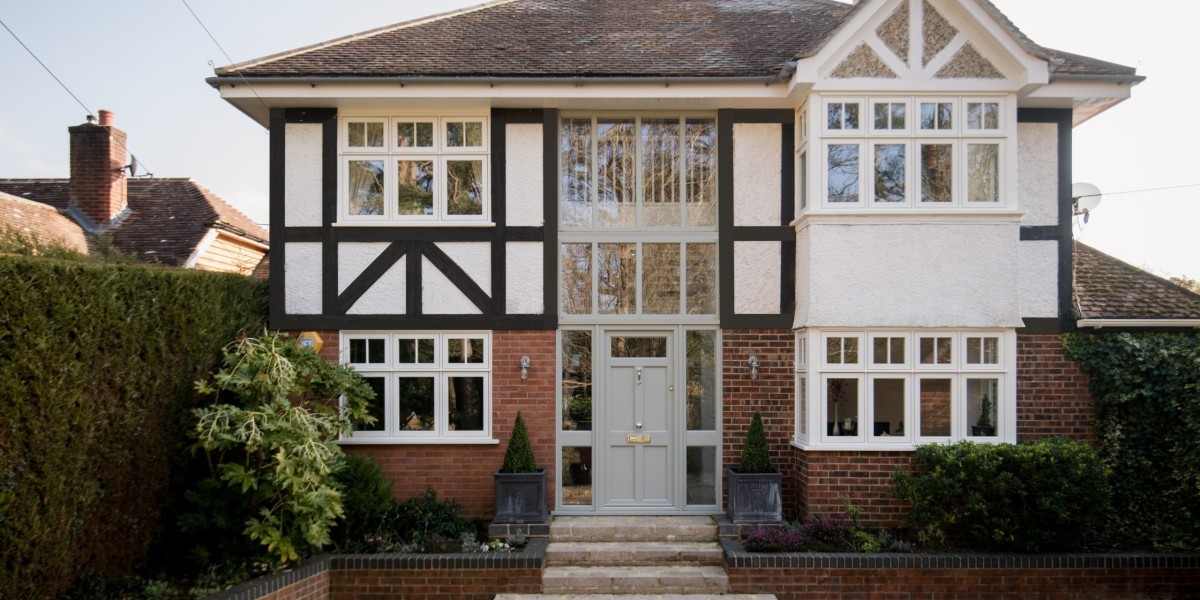The fair market price and the adjusted base value are calculations utilized at different times to identify an asset's worth. Fair market price is a general calculation to determine the value of an asset if it were to be sold. People utilize this worth as the basis for identifying residential or commercial property taxes by the federal government.
Adjusted base value is a more complicated process that involves calculating the boost or devaluation of a property due to various aspects. When you sell your home or business, make sure you have a firm understanding of reasonable market price and changed base worths before you start. Professional accountants and realty lawyers can help determine the value of each and will direct you through the procedure of estimations.
Fair Market Price
The fair market price of a service or possession is the estimate of the price that would be paid to the owner upon a sale. The formula for determining reasonable market price consists of service worth and possessions in the present financial markets. Determining fair market price is tricky, simply due to the fact that the only way to show true value is to offer business and assets.
Companies use balance sheets to identify present market worth as an estimation. Included in these balance sheets are estimates of the expenditure of an asset over its life time. The calculation of capital improvements, devaluation, sales taxes, and marketing expenses are referred to as changed base value.
When Is Fair Market Value Important?
Fair market price is utilized to assess residential or commercial property taxes. The federal government will examine the reasonable market worth of your home or company to figure out the taxes that you owe. This doesn't always reflect the actual price of your property; it is simply a representation of what the government thinks your residential or commercial property to be worth. Insurance companies also base claim payouts on fair market value price quotes.
When you desire to offer your home or business, the real estate agent will carry out estimations based upon yearly tax declarations and compare other sales in the area to determine the fair market value. The adjusted base worth will reflect the additions and damages to your home.

Adjusted Base Value

Adjusted base worth explains the quantity a taxpayer has purchased his or her properties. Expenses from getting or getting rid of assets, acquisition, and selling costs fall under adjusted base value. It thinks about the possessions of an owner beyond the purchase cost.
For example, if your service purchases equipment that it projects will last for lots of years, the entire quantity can not be taken into account for the year's service tax. The equipment will require to depreciate for tax functions throughout its life time. To figure out the adjusted base worth of a business, there are many factors to be considered:
- The asset's cost
- Fair market price
- Exchanges or upgrades to possessions
- Transferring or gifting possessions to another taxpayer
When offering a home or service, the adjusted base worth impacts many things. If you have made significant additions or enhancements to the home or company, the adjusted basis will be an element during a sale. The very same holds true for losses to the home or company If a natural disaster triggers you to incur expenditures, it can lower the make money from a sale. Adjusting the tax base because of enhancements permits the taxpayer to deduct expenditures when they sell a residential or commercial property.
Determining Fair Market Price and Adjusted Base Value

The procedure of figuring out fair market worth and adjusted base worth needs the knowledge of professionals. Real estate agents and accountants can help identify the worth of each for your home or business. The reductions and boosts in value are determined differently for different circumstances. The IRS thinks about presents, acquisitions, and charitable sales all differently. Hiring a professional with experience in the area will ensure the legality of your business operations.
Example of Adjusted Base Value for Tax Purposes

You and your partner purchased a home for $300,000 and invested $30,000 in upgrades. The $30,000 upgrade is contributed to the tax basis, bringing the adjusted base value to $330,000. If you choose to sell your home for $400,000, the revenue on your part would be $70,000 (not including real estate agent commission). The amount of time in between original home purchase and home sale will also increase depreciation of the structure. Depreciation of the structure will be subtracted, altering the adjusted base value. This will increase the amount that you will be taxed when the residential or commercial property is offered. Land does not diminish, so the reasonable market worth of the land will stay the very same.
Increases to basis can include:
- Building an addition to your home or organization.
- Roof replacement
- Paving or repaving driveways or parking area
- Extension of energy lines to residential or commercial property
- Addition of roadways or pathways
- Restoration to harmed residential or commercial property
- Zoning costs
- Abstract of title charges
- Legal charges
- Recording costs
- Owner's title insurance coverage

Decreases to basis can consist of:
- Casualty or theft losses
- Insurance compensations
- Residential or company energy credits
- Residential or commercial property structure depreciation
- Non-taxable business distributions
Easements
There are various aspects that can figure out adjusted base worth changes in accordance with IRS regulations. Donations, presents, modifications from individual to company use, and numerous extra elements are handled in a different way. To appropriately compute and think about each aspect involved, hiring a professional is constantly recommended. Professional estimations will ensure your values are accurate and will be reported to the IRS.

The Difference Between Fair Market Price and Adjusted Base Value
Fair market price is the evaluation by the government or other entities used to figure out the worth of your residential or commercial property. If you were to offer your home or organization, the reasonable market price is an evaluation of what would be spent for your residential or commercial property.
The adjusted base worth is a figure computed by determining how much worth is included or subtracted to your residential or commercial property, in the form of enhancements or depreciation. Each value is computed and used at various times, for different factors. The procedure is extremely complicated and ought to be figured out by specialists with experience in both estimations.



